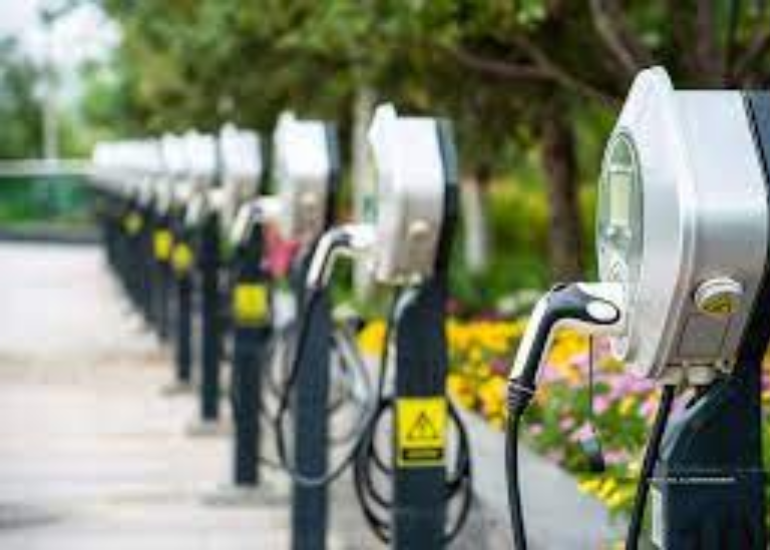Servotech Power Systems Ltd. has secured an order of 2649 AC EV charger from Bharat Petroleum Corporation Limited (BPCL).
The company will be responsible for manufacturing, supplying and installing 2649 AC EV Chargers strategically across the nation, equipping petrol pumps in major Indian cities under the BPCL E-drive Project, playing a key role in the widespread implementation of EV charging solutions. The range of EV chargers includes 3 kW and 7 kW for this project. The manufacturing and production of these AC chargers has already begun and the supply of the chargers will begin from December 15th and will be completed within three months.
Servotech Power Systems and BPCL had previously worked together to transform the E-Mobility landscape. The company also supplied and installed 800 units of 30 KW DC fast EV Chargers at different locations across the country for BPCL’s E-drive project. Servotech Power Systems will oversee the installation, commissioning, and upkeep of AC EV chargers and this initiative aims to establish e-mobility touchpoints that streamline transactions, enhance availability, facilitate discovery, and simplify navigation for EV users, ensuring convenient access to the EV charging network.
Sarika Bhatia, Director of Servotech Power Systems Ltd., said, “We are honoured to lead India’s E-Mobility revolution in partnership with BPCL, collaborating closely to establish an energy corridor enabling on-the-move charging for electric vehicles across India. The company’s state-of-the-art AC EV Chargers will contribute to the realization of India’s ambitious goals in the E-Mobility sector. Implementing these chargers will not only enhance the convenience of EV charging but will also contribute significantly to reducing the carbon footprint associated with transportation. As India continues to embrace electric mobility, Servotech stands committed to driving innovation in EV charging technology, supporting the nation’s transition towards a cleaner and more sustainable transportation ecosystem. This step will undoubtedly be a significant milestone, paving the way for a robust and expansive charging network, essential for the future of high-capacity EV charging”.


